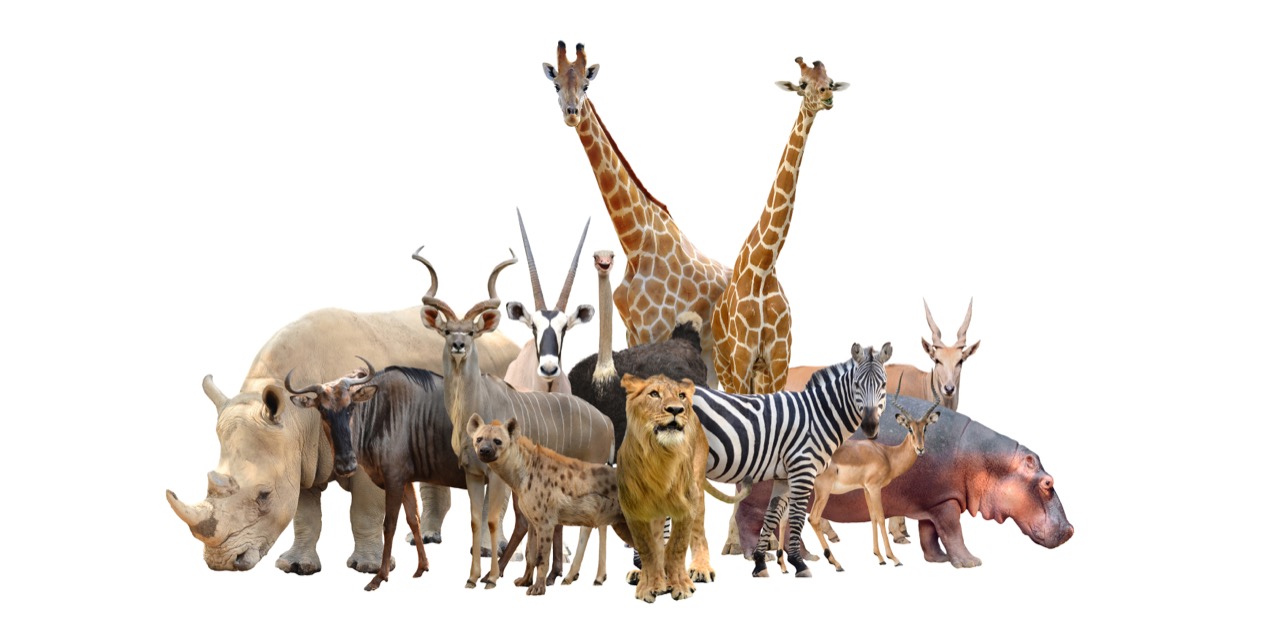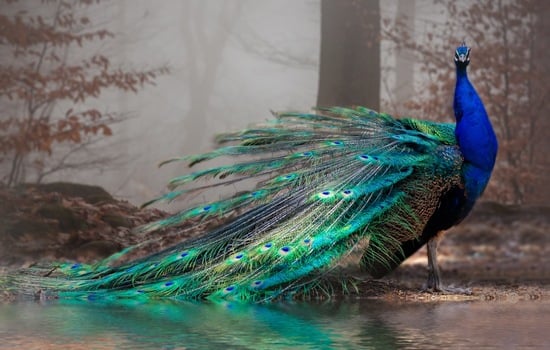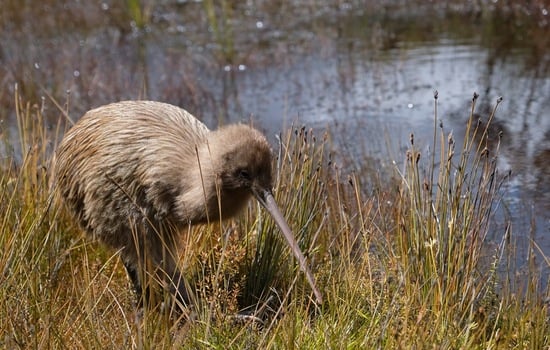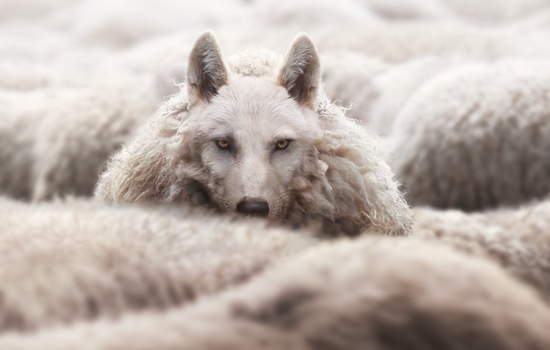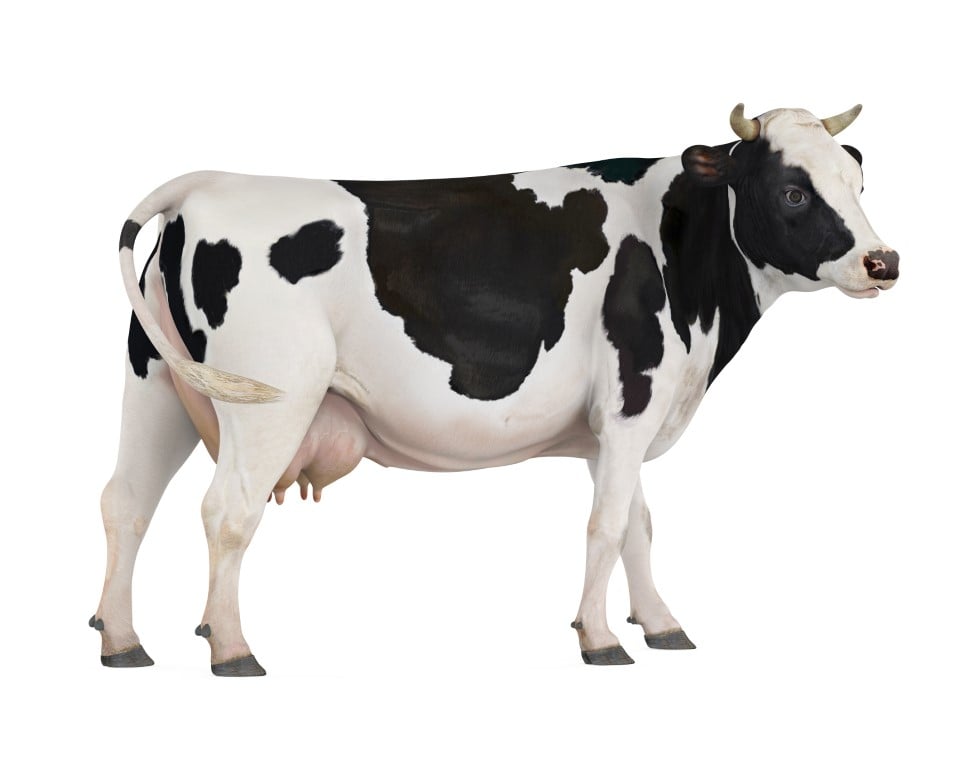
Welcome students! Today, we're going to test your knowledge about one of the most beloved animals on the planet - cows! From their moo-tivating personalities to their incredible nutritional benefits, these gentle giants have earned a special place in our hearts. Throughout history, cows have been revered as sacred beings in some cultures while being used as a source of food and labor in others. But there's so much more to these cuddly creatures than meets the eye. Did you know that cows can communicate through a series of moos, whines, and bellows? Or that they have four stomachs to help them digest and break down the tough cellulose in their food?So, in this trivia quiz about cows, we'll be exploring all the fun and fascinating facts about these lovable creatures! We'll cover everything from their diet and natural habitat to their milk and beef production. Get ready to use your noggin and put your cow knowledge to the test! Let's get started!

Which country has the highest population of cows?
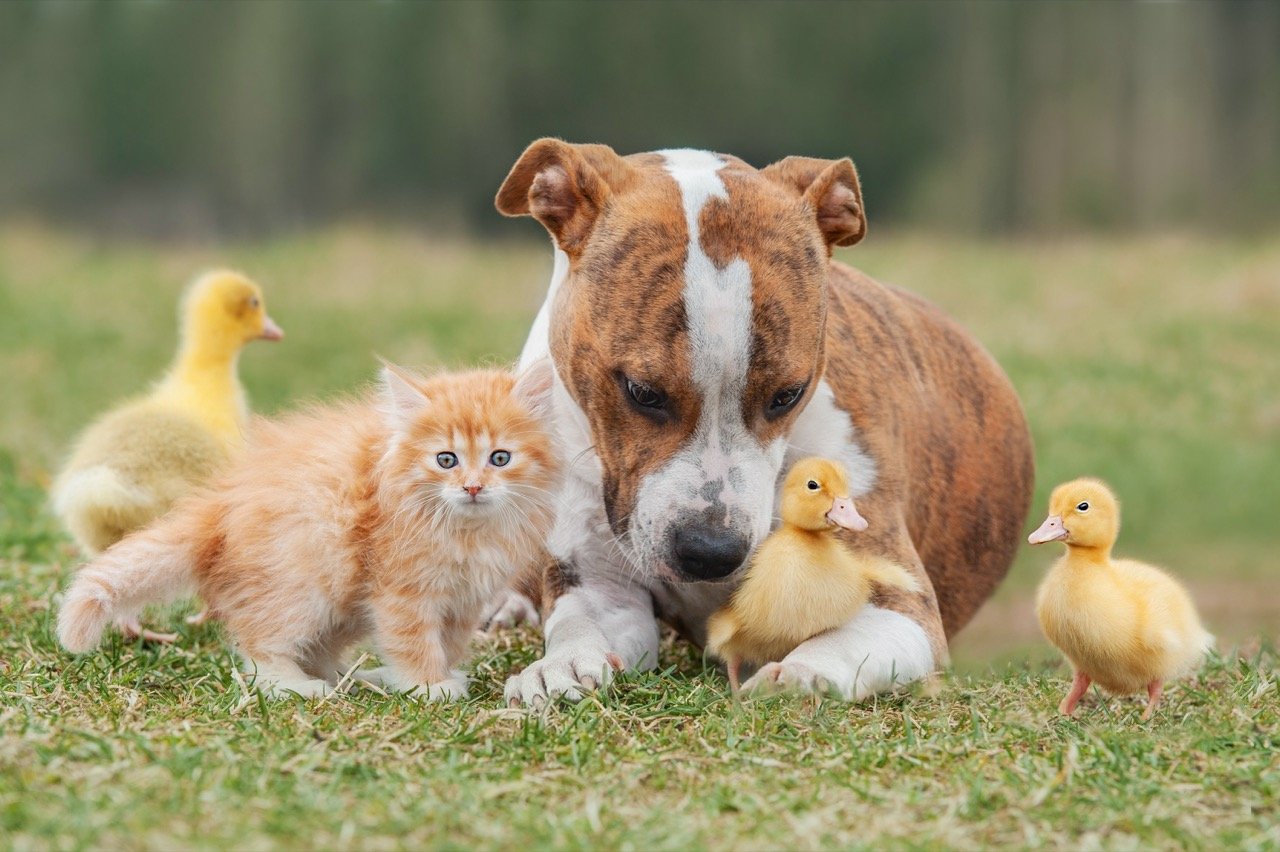
What is the most common cause of death for cows in the United States?
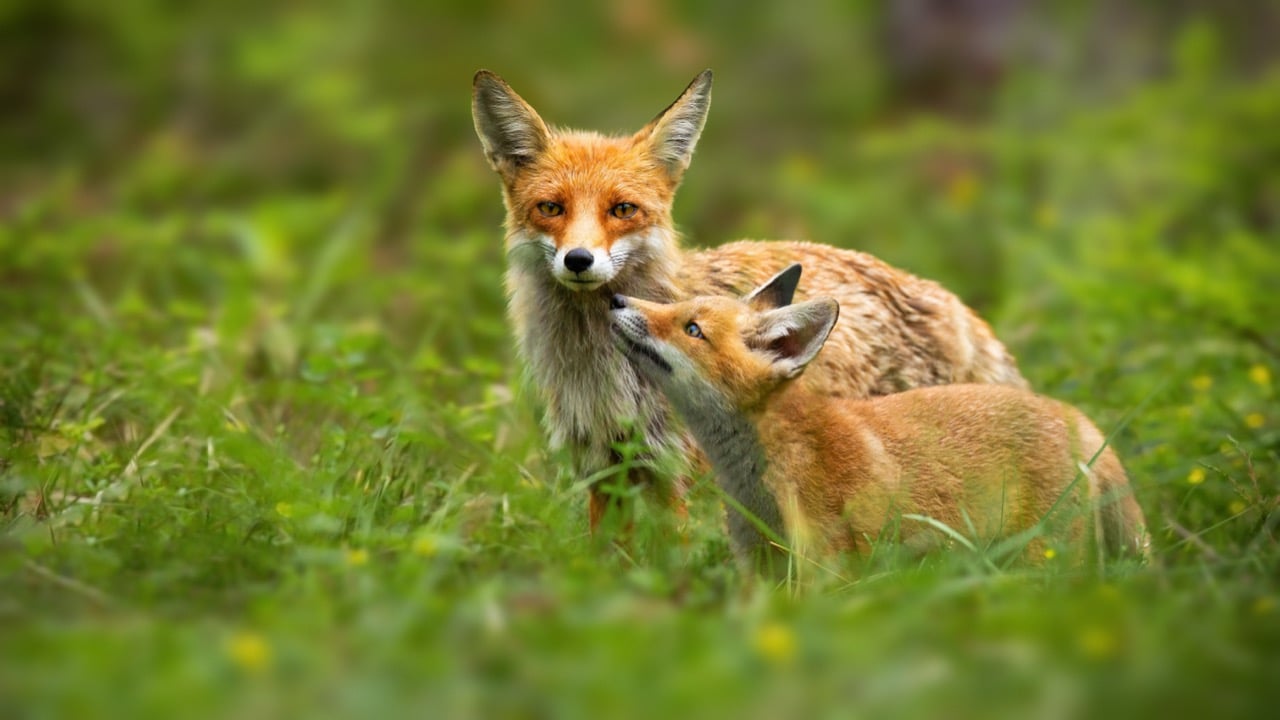
Which of the following is not a common use for cowhide?
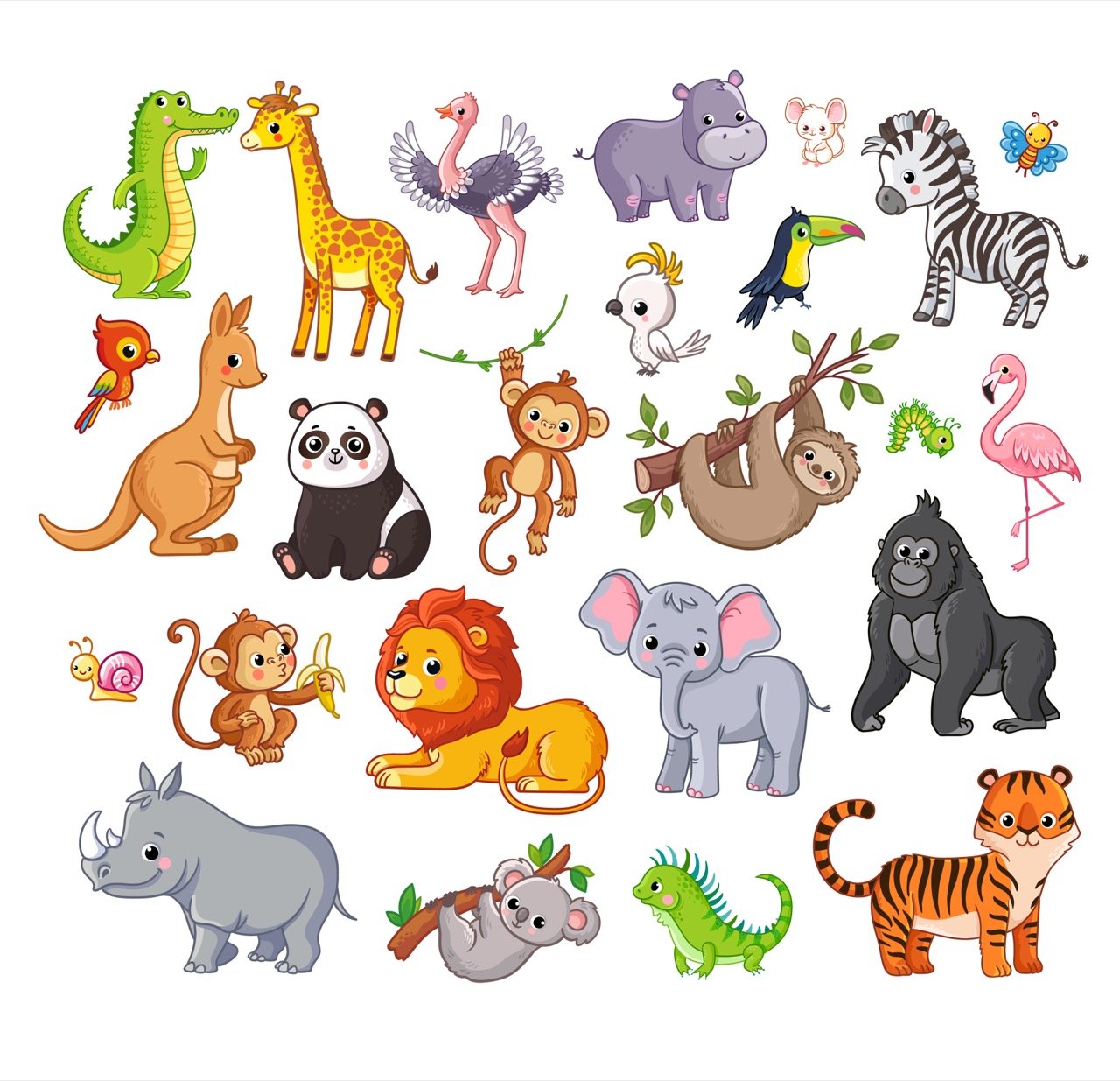
What is the mature female of a bovine animal called?
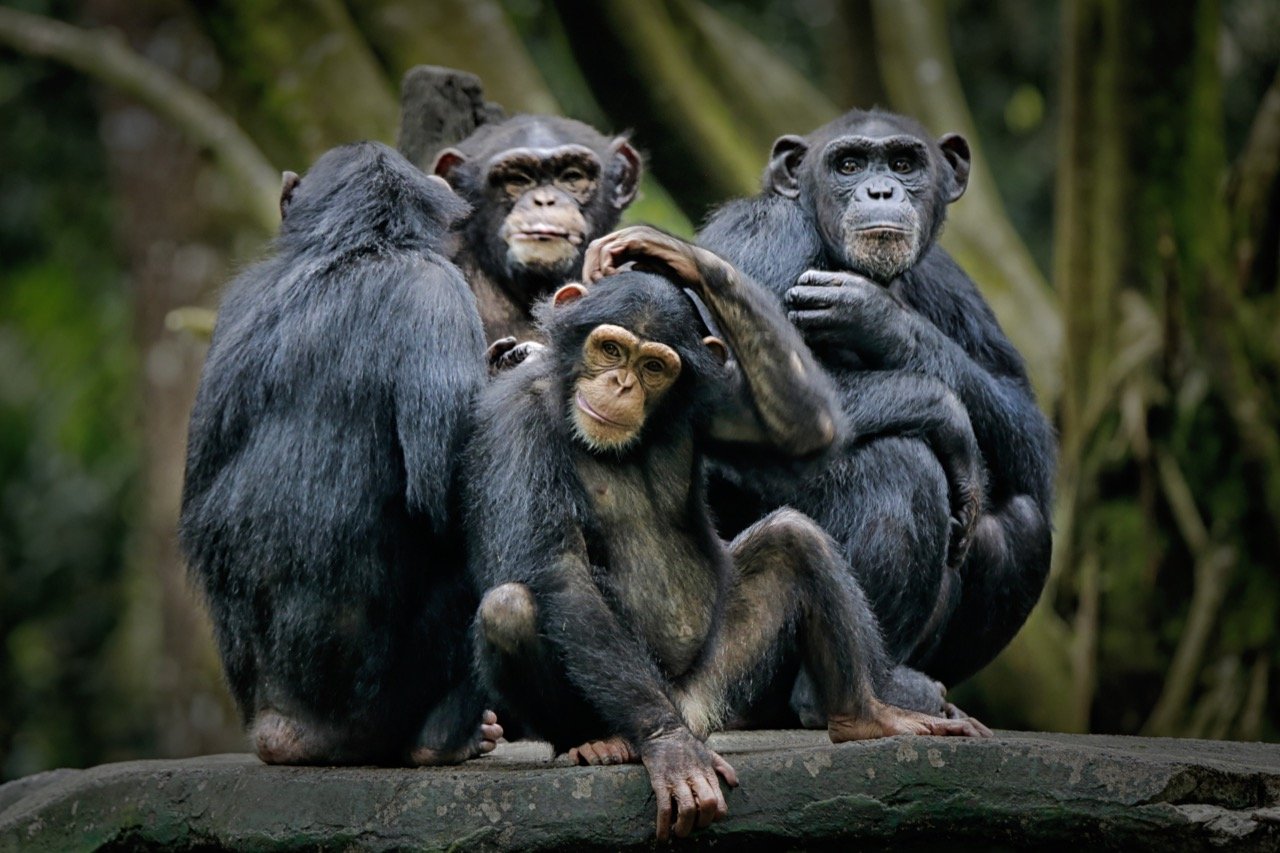
Which of the following is not a common byproduct of cows?
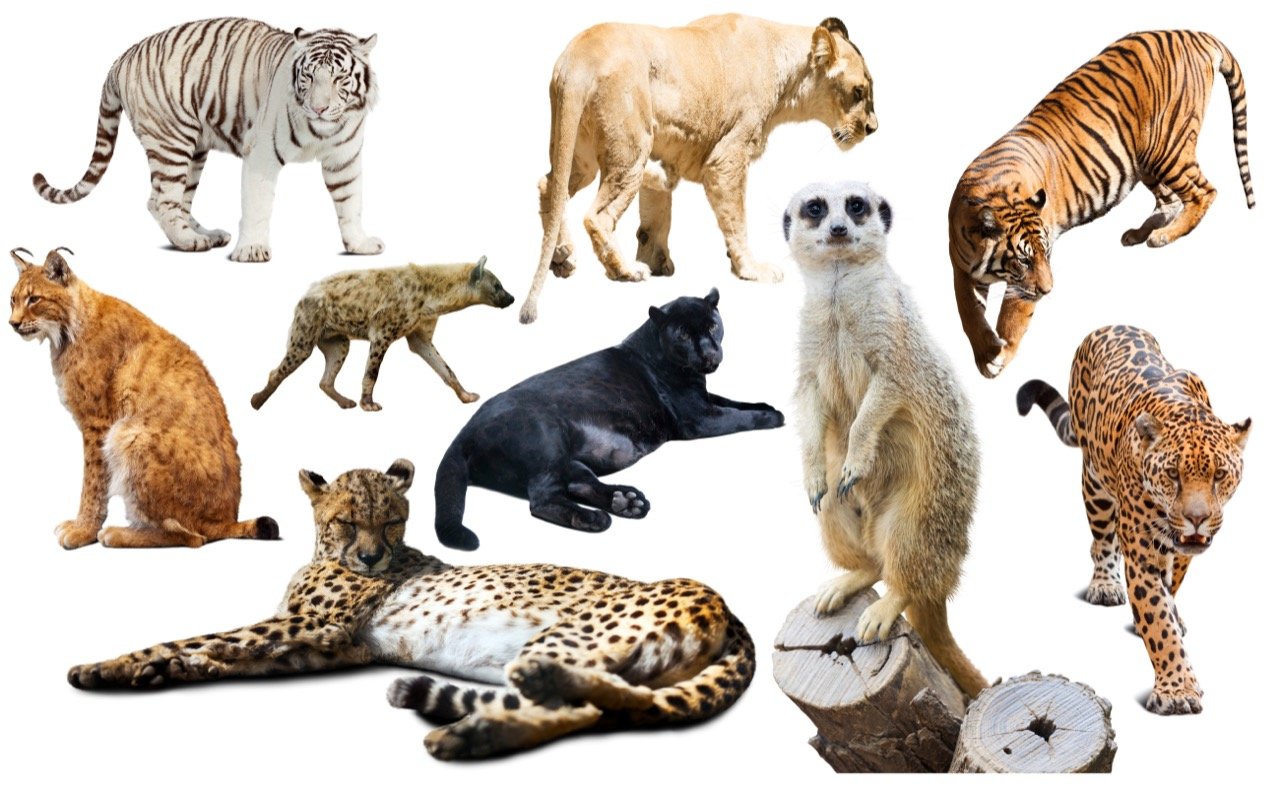
What is the name of the unit used to measure a cow's weight?

What is the most common color of a Holstein cow?
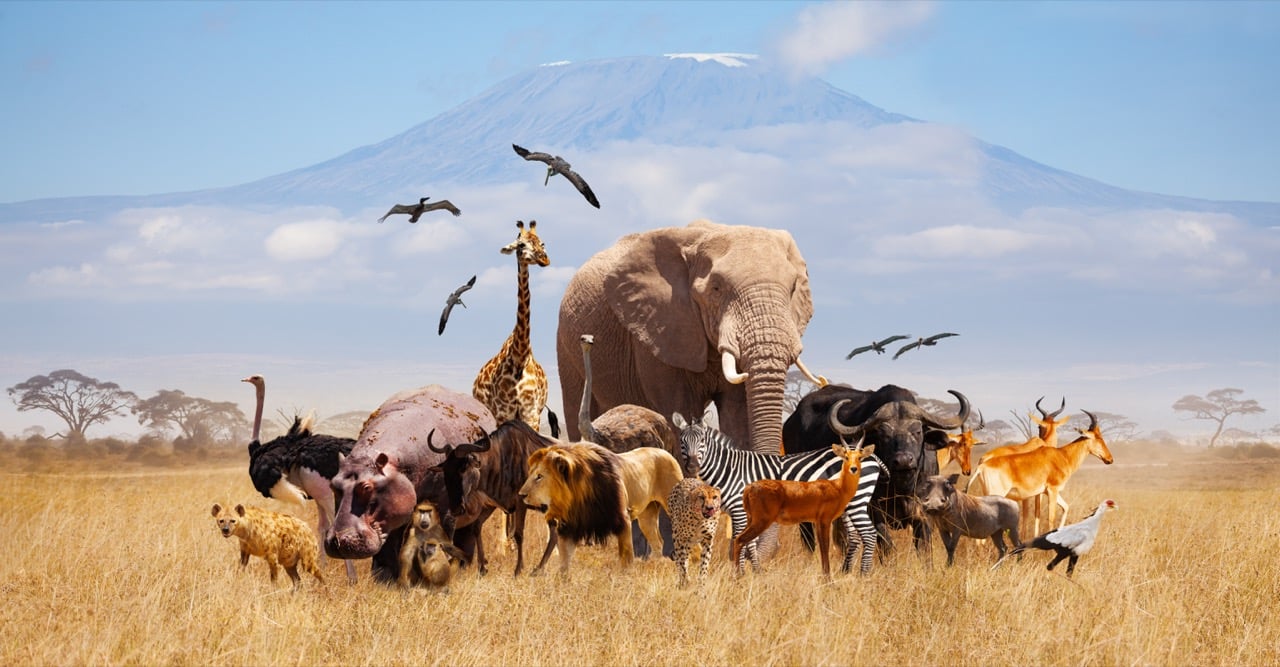
On average, how many gallons of milk does a cow produce per day?
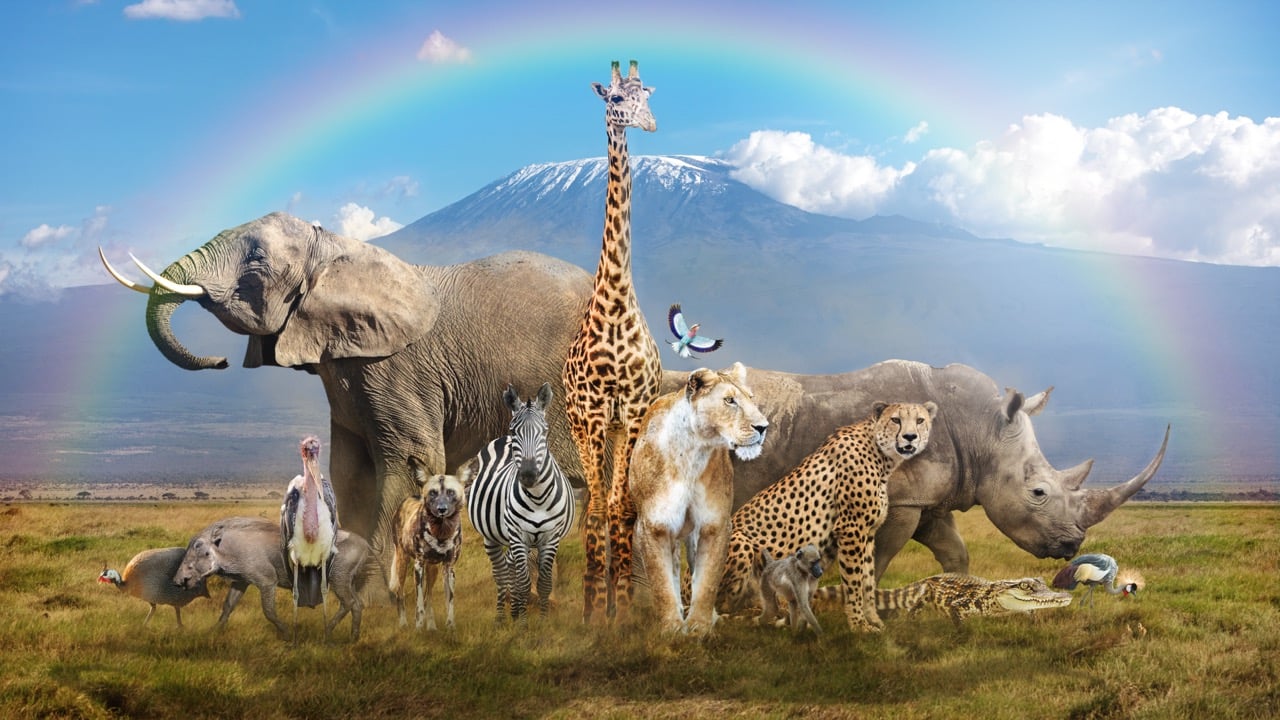
Which of the following is not a common method of cow transportation?
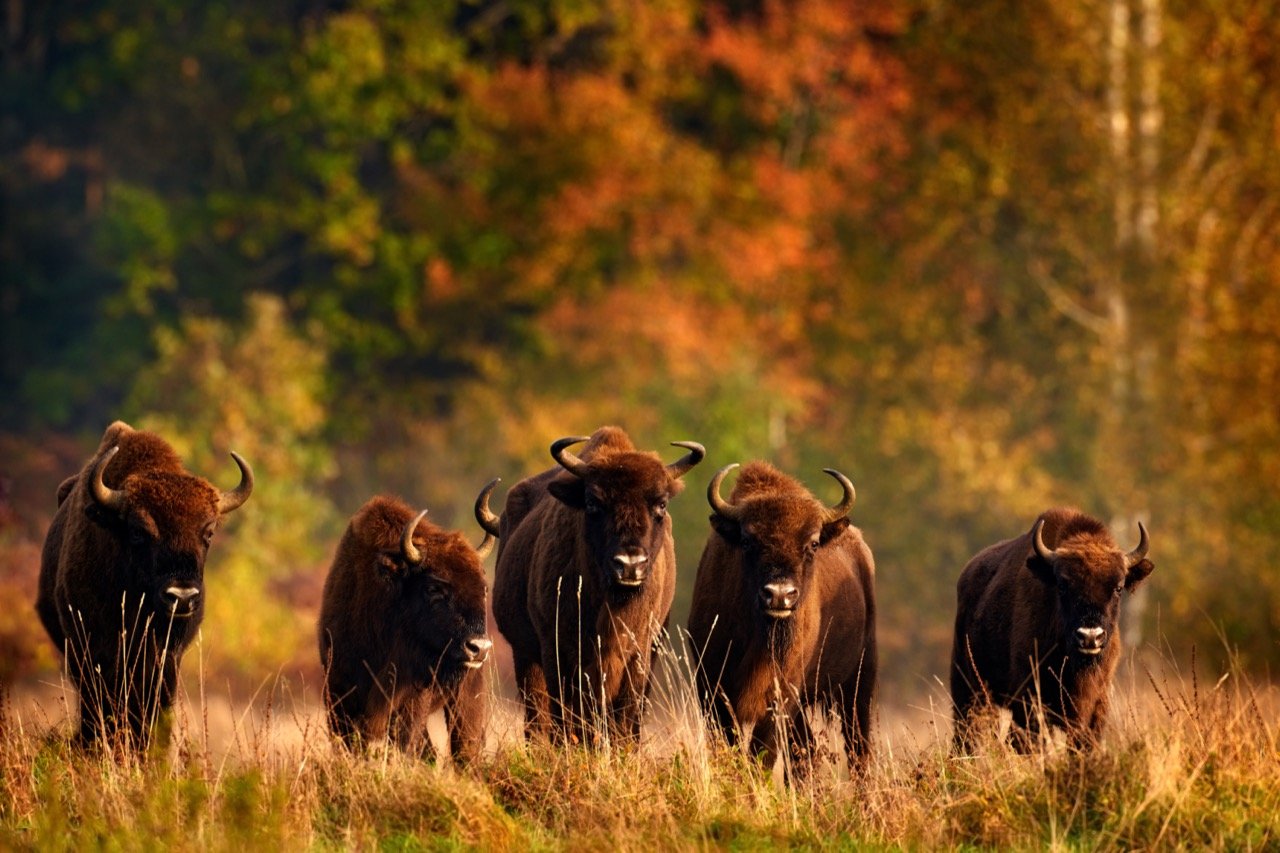
Which breed of cow is used for its meat?
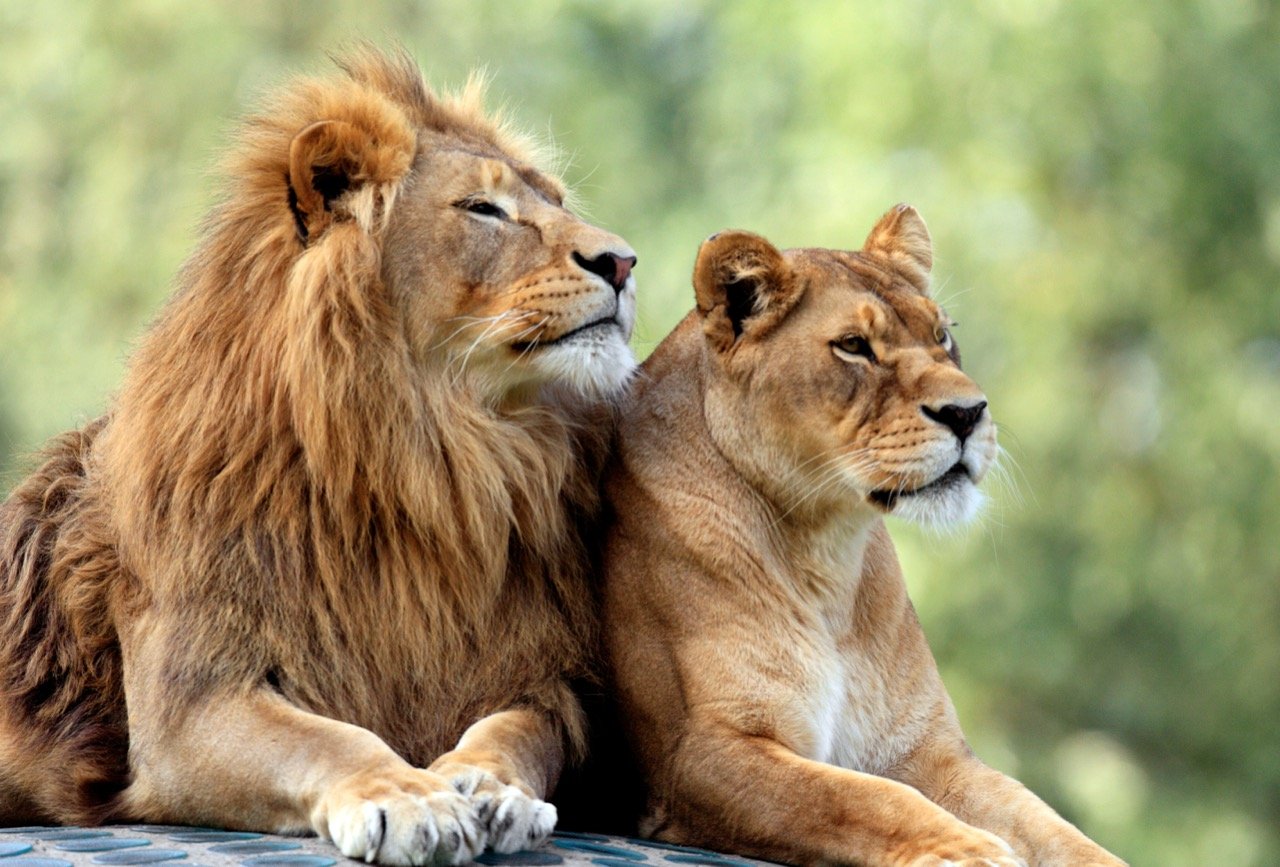
What is the process called that is used to extract milk from a cow?
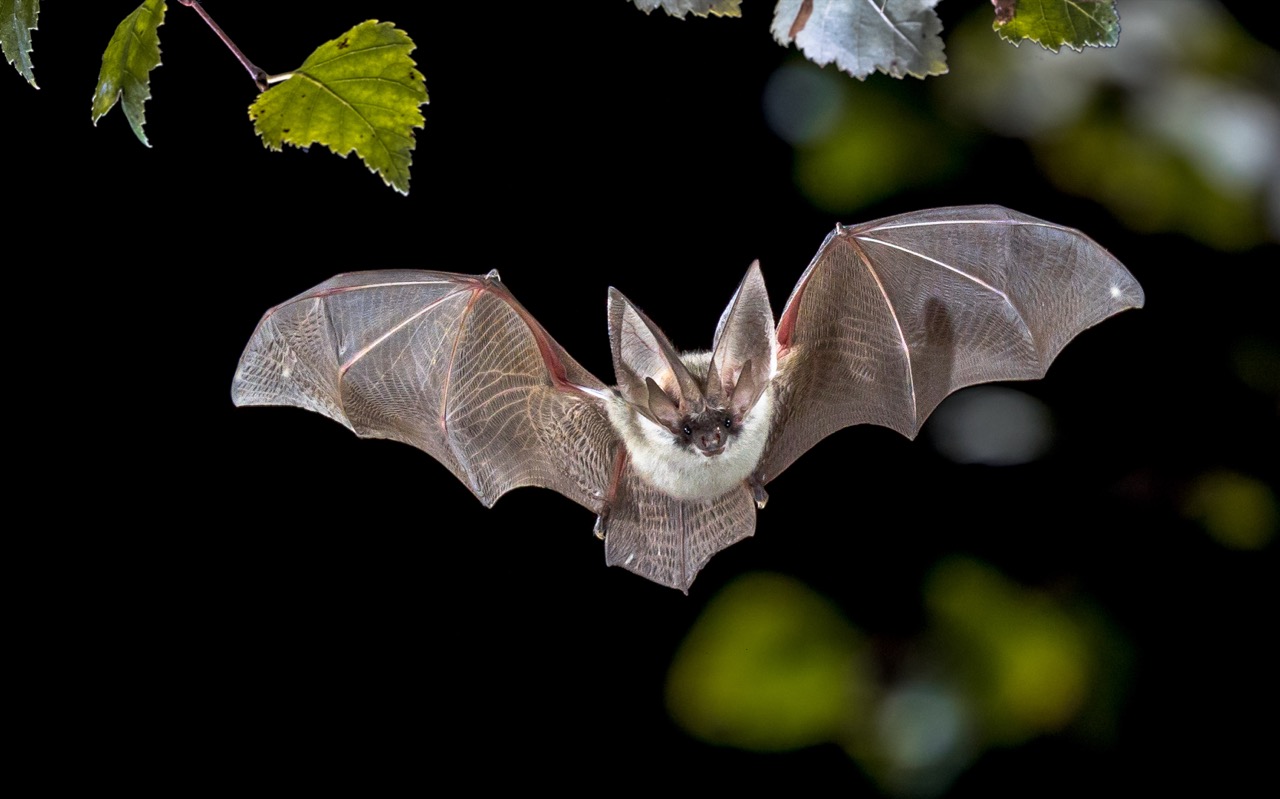
Which of the following is not a common breed of cattle in the United States?
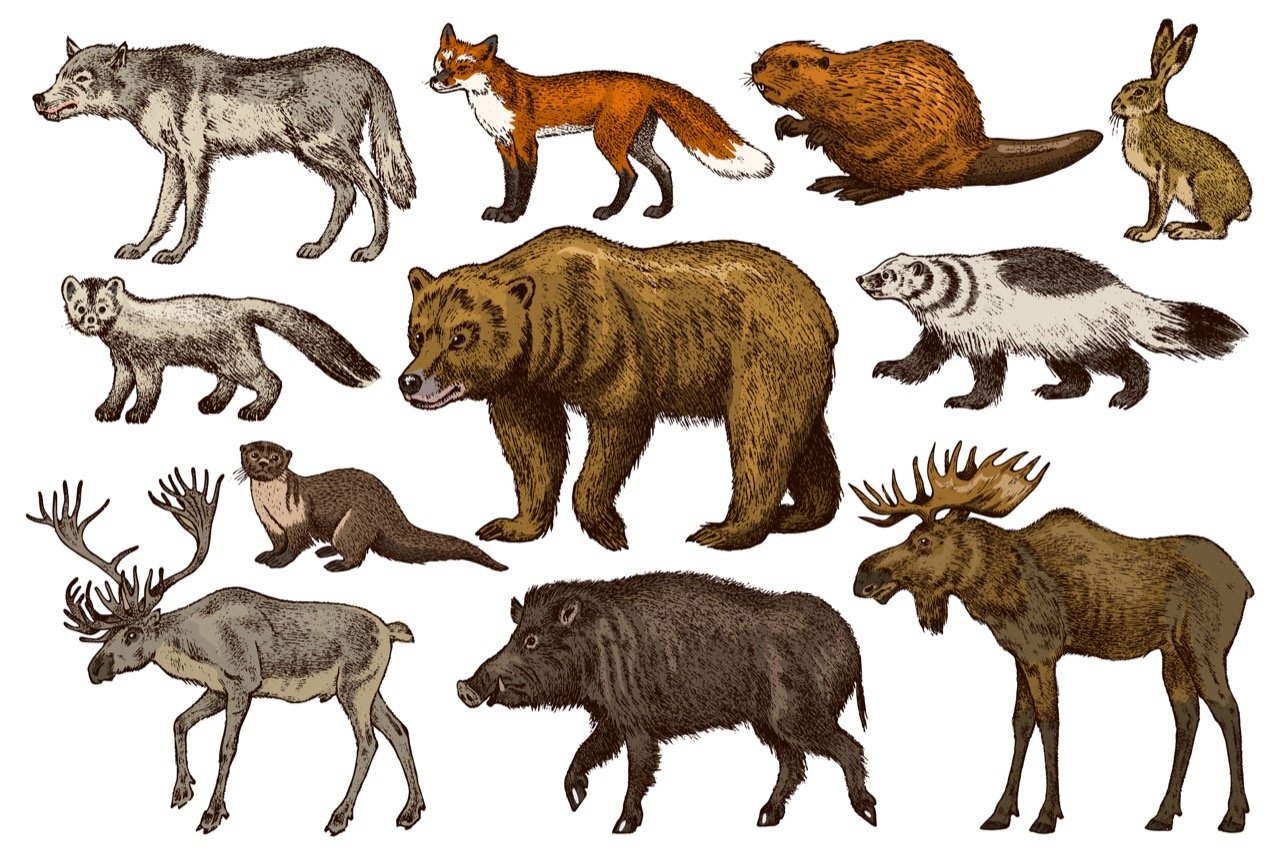
What is the purpose of a cow's horns?

What is the proper term for a group of cows?

What is the technical term for a cow's stomach?
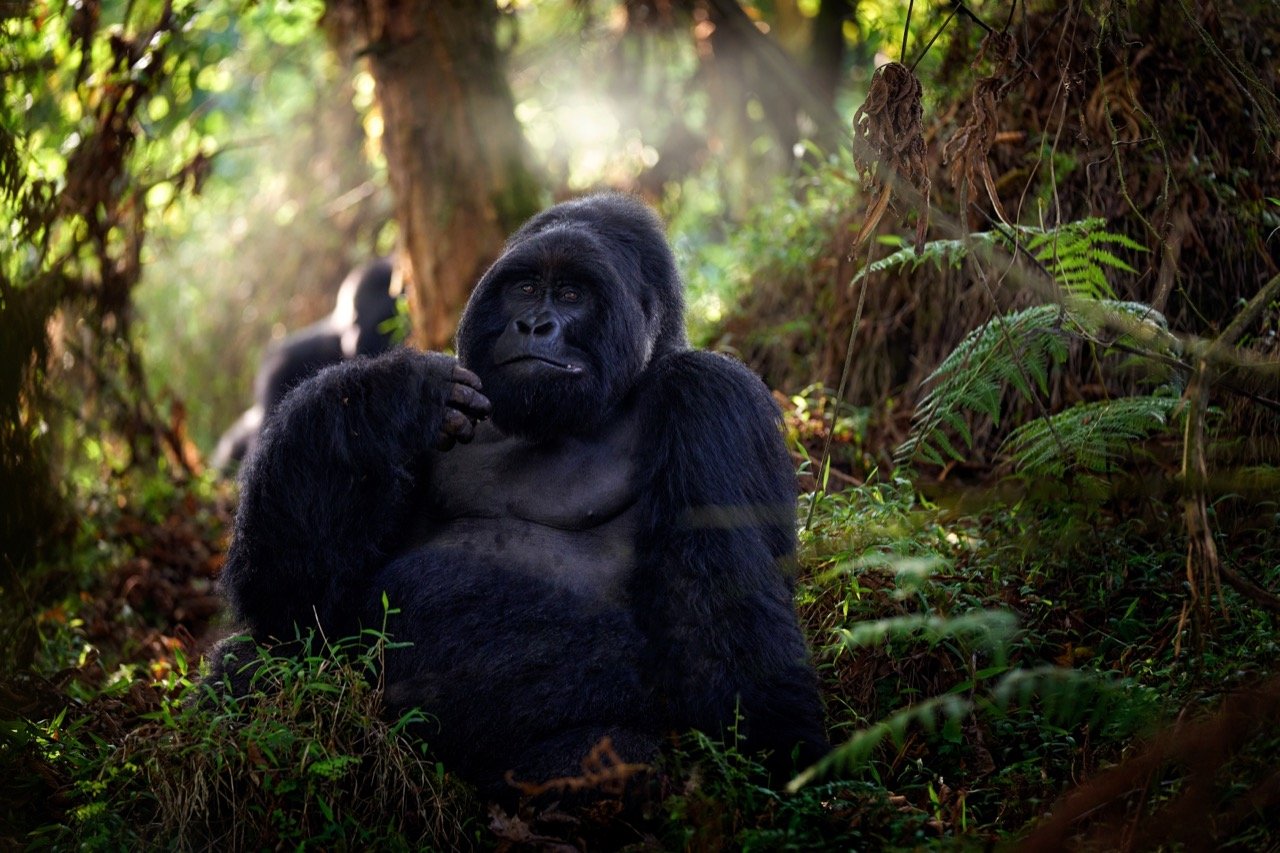
Which sense is most important to a cow when locating food?
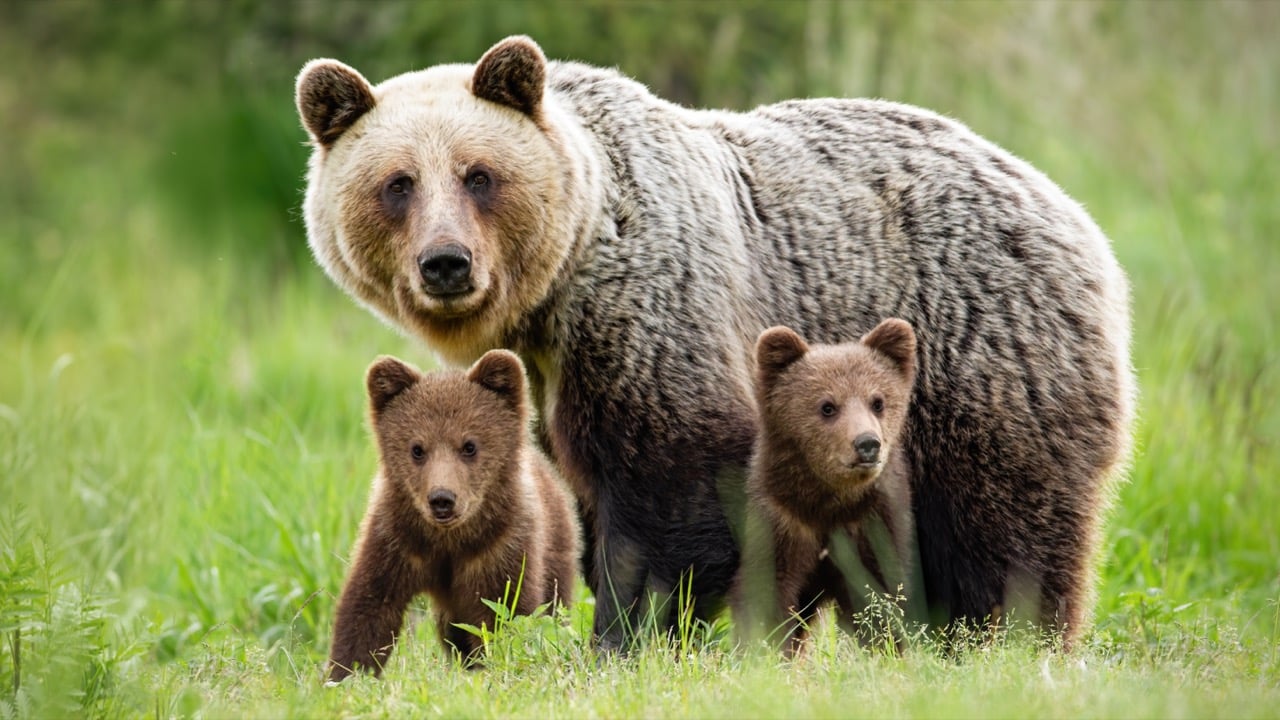
Which of the following is not a benefit of cows grazing on grass?

What is the name of the famous cow that reportedly started the Great Chicago Fire?
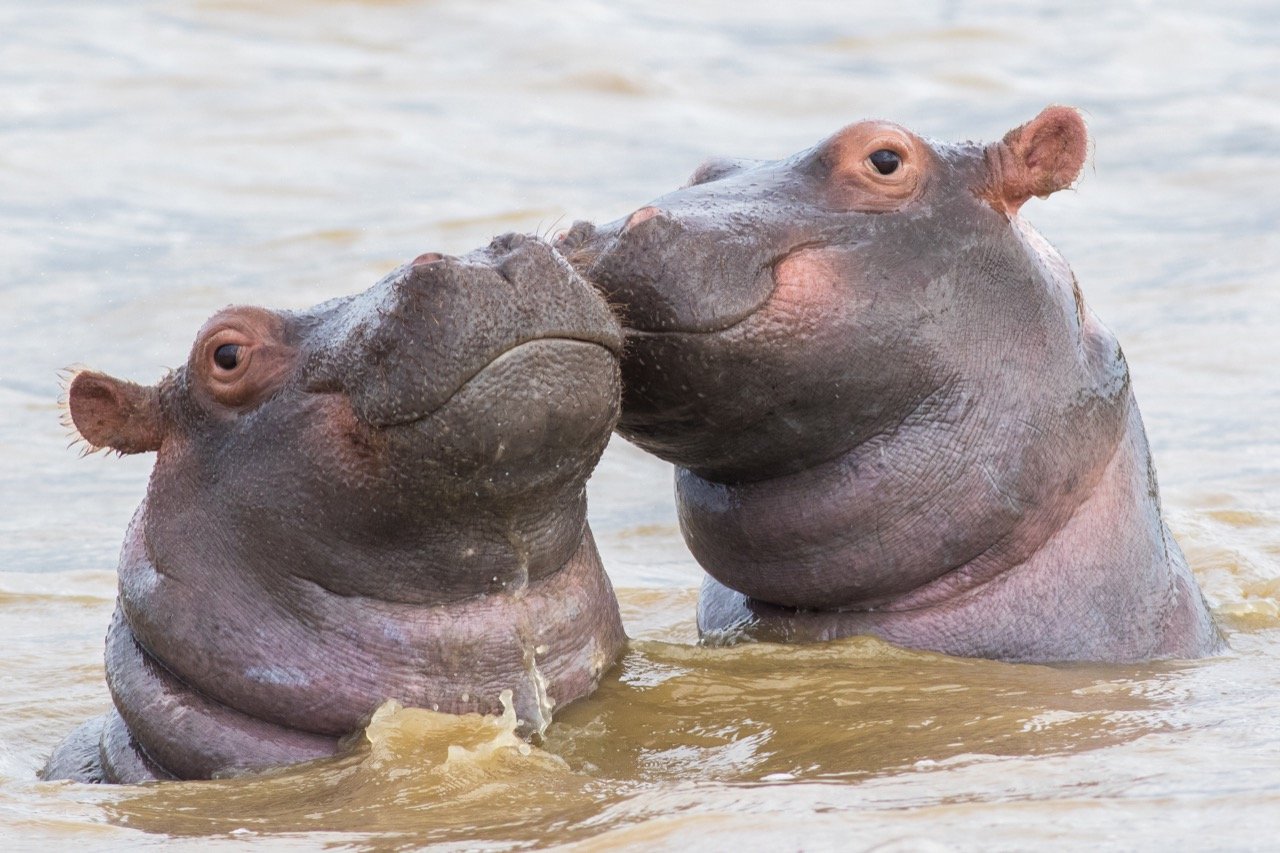
What is a male cow called?
